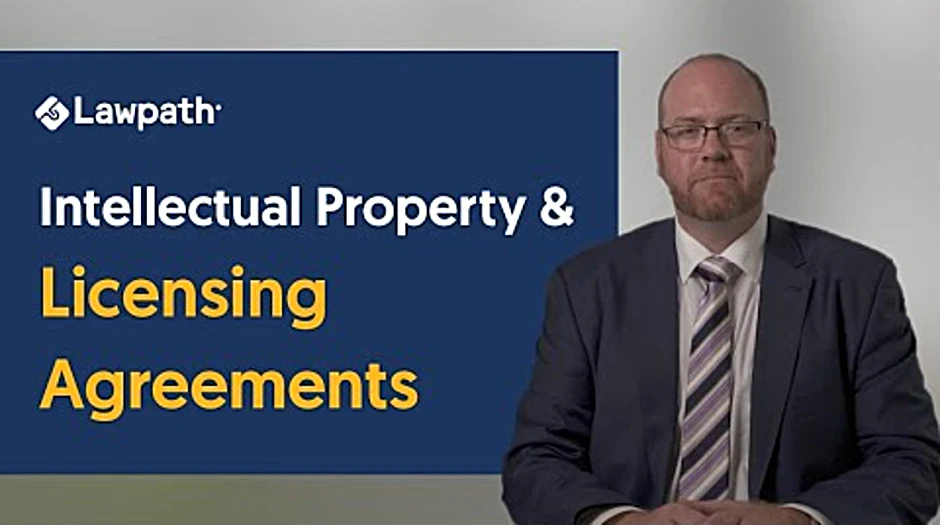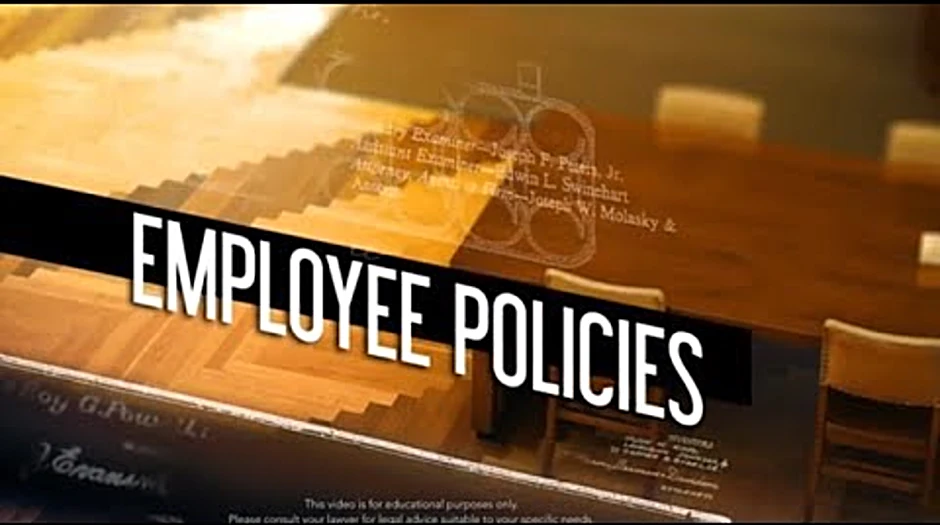Intellectual property policy company [Expert Advice]
Table of Contents
- What should be included in an intellectual property policy?
- What is the average royalty for an invention?
- Do universities own intellectual property?
- What is an example of academic intellectual property?
- Who owns intellectual property?
- What are the 3 ways of protecting intellectual property?
- What are intellectual property laws?
- How do you protect intellectual property?
- What are the 4 types of patents?
- What is intellectual property list some common examples?
- What are the different types of intellectual property?
- What is considered intellectual property for a company?
- What are the five types of intellectual property?
- What is the purpose of an intellectual property policy?
- What are the 4 types of intellectual property?
- What are three examples of intellectual property?
- What is an intellectual property statement?
- What are the 7 intellectual property rights?
- What is the difference between intellectual property and copyright?
- What type of intellectual property provides the most protection for firms?
Last updated : Aug 20, 2022
Written by : Houston Height |
Current |
Write a comment |
What should be included in an intellectual property policy?
Your IP Policy should establish minimum criteria related to an open innovation policy, including information related to submission terms and conditions, submission procedures, review guidelines, intellectual property rights and ownership, and potential commercialization strategies.
What is considered intellectual property for a company?
Your intellectual property includes the intangible assets you create for your business, such as names, designs, and automated processes. And just like tangible possessions -- like supplies, equipment, buildings, and inventory --, your intellectual property contributes to the value and success of your business.
What is the purpose of an intellectual property policy?
The purpose of the Intellectual Property Policy is to foster the creation and dissemination of knowledge and to provide certainty in individual and institutional rights associated with ownership and with the distribution of benefits that may be derived from the creation of Intellectual Property.
What are the 4 types of intellectual property?
Patents, trademarks, copyrights, and trade secrets are valuable assets of the company and understanding how they work and how they are created is critical to knowing how to protect them.
What are three examples of intellectual property?
- Patents. The U.S. Patent and Trademark Office grants property rights to original inventions, from processes to machines.
- Trademarks. Trademarks protect logos, sounds, words, colors, or symbols used by a company to distinguish its service or product.
- Copyrights.
- Trade Secrets.
What is an intellectual property statement?
An intellectual property statement is a written document that spells out the rules of intellectual property (IP) for a certain company or individual creator.
What are the 7 intellectual property rights?
Rights. Intellectual property rights include patents, copyright, industrial design rights, trademarks, plant variety rights, trade dress, geographical indications, and in some jurisdictions trade secrets.
What is the difference between intellectual property and copyright?
The terms “copyright†and “intellectual property†are often used interchangeably. However, copyright is just a part of the scope of intellectual property, as are trade marks, patents, and designs. Intellectual property (IP) describes a form of property which is the intangible output of the human creative mind.
What type of intellectual property provides the most protection for firms?
Patent. A patent is used to prevent an invention from being created, sold, or used by another party without permission. Patents are the most common type of intellectual property rights that come to people's minds when they think of intellectual property rights protection.
What is the average royalty for an invention?
The average royalty for licensing an invention is 3 to 6 percent of the product's wholesale price, which is the price the company charges the consumer. If you have a profitable product and choose the right manufacturer, a licensing agreement can be a great way to make money from your invention.
Do universities own intellectual property?
As a student taking a course for credit, University employment alone does not meet the criteria for University ownership, however, the University does own IP if it is created by a student as a part of their job duties as a University employee.
What is an example of academic intellectual property?
Intellectual property examples would include books, music, inventions and more. The only way that this will be upheld in a court, however, is if there is a written agreement which clearly states that the work in question was specifically work for hire.
Who owns intellectual property?
Generally, the creator of a work is deemed its owner. However, intellectual property ownership can be determined differently for different types of property and under varying circumstances. For example, if work is created for an employer, the employer is the owner of that intellectual property.
What are the 3 ways of protecting intellectual property?
There are only three ways to protect intellectual property in the United States: through the use patents, trademarks or copyrights. A patent applies to a specific product design; a trademark to a name, phrase or symbol; and a copyright to a written document.
What are intellectual property laws?
Intellectual Property law deals with laws to protect and enforce rights of the creators and owners of inventions, writing, music, designs and other works, known as the "intellectual property." There are several areas of intellectual property including copyright, trademarks, patents, and trade secrets.
How do you protect intellectual property?
- Keep Business Ideas and Trade Secrets a Secret.
- Document Your Concepts and Original Content in Detail.
- Apply for a Trademark.
- Register All Your IP, Trade Secrets, and Creative Works.
- Make the Investment.
What are the 4 types of patents?
- Utility patent. This is what most people think of when they think about a patent.
- Provisional patent.
- Design patent.
- Plant patent.
What is intellectual property list some common examples?
IP is protected in law by, for example, patents, copyright and trademarks, which enable people to earn recognition or financial benefit from what they invent or create.
What are the different types of intellectual property?
Copyrights, Patents, Trademarks, and Trade Secrets – Four Types of Intellectual Properties. If you are a business owner, you should familiarize yourself with the four types of intellectual property, otherwise known as IP.
What are the five types of intellectual property?
- Copyright. Copyright protects creative works like computer code, photographs, artwork, and text.
- Moral Rights. Moral rights are related to copyright.
- Trademarks. Trademarks offer protection for your branding.
- Patents. A patent stops others from making your invention.
- Trade Secrets.

Check these related keywords for more interesting articles :
Is trademark an intellectual property
Trademark registration in india
Infringement of trademark under trademark act 1999
How to get u s patent certificate
How to change copyright in powerpoint
Nike just do it trademark or copyright
Intellectual property clause uk
Intellectual property lawyer salary in india per month
Can you buy a trademarked domain name
How to trademark a name united states
Trademark registration work
How to put copyright disclaimer
Trademark act south africa
How to copyright own video
Do i trademark or copyright
Did you find this article relevant to what you were looking for?
Write a comment
Comment by Rocco Liggins
Thanks for this great article
Thanks for your comment Rocco Liggins, have a nice day.
- Houston Height, Staff Member
Comment by noletoboi
welcome to law Pat's legal education videos my name is Damon Murdock I've been a lawyer here for over 10 years today we're going to talk about interrelated license agreements a lot of time when you set up your corporate structure you might have a holding company and then under your holding company you have a subsidiary and that subsidiary is wholly owned or sometimes 100% owned by the parent company sometimes you also have an IP company where the IP company is wholly owned by the holding company and the subsidiary is using the technology of the IP company in any case what you want to do is make sure that your IP is not held by the company that's actually trading the reason is is that your trading company is the company that takes on liability and if something ever happened you don't want to lose all your intellectual property so what most people do is they set it up so that the holding company owns the intellectual property or the IP company holds the other intellectual property and then from there it's licensed from the holding company down to the subsidiary and when you prepare this License Agreement a lot of times it says the subsidiary is allowed to use the intellectual property during the term for a fixed period of time and the subsidiary will pay the holding company and annual royalty now what happens if the subsidiary goes down and it's closed down and all the intellectual property that has been developed by the subsidiary on top of the original IP that was given to it by the holding company well you could lose all that intellectual property so we need to look at how do you protect your IP from a situation where your subsidiary eventually goes in or liquidation I don't like talking about administration or liquidation but that's the fact it's a reality and it happens especially happens in two high-growth companies mostly because of cash flow issues now let's look at this License Agreement what we normally do is we draft in a way that we license the IP down to the subsidiary we pay a royalty from the satheri subsidiary back up to the parent company and we have it for a fixed term we also draft what's called a default event clause the default event Clause says that if anything happens to subsidiary such as it having a debt that it can't pay going into administration liquidator appointed the company decides to wind it up any of those scenarios then the IP that's held by that subsidiary is automatically reverted back to the holding company not only does it revert back up to the holding company of the IP that was originally given to it or licensed to it that includes all the add ons the modifications anything that's been developed on top of that you might even also include client lists what's important is to get it right and if you can get it right it protects you but what's the most important thing to do is to have a PPS a clause that's the personal property Securities Act and you want a clause that secures the parent company interest in the subsidiary that is the PPS a allows companies to register an interest against another company so it's similar to financing your car you buy a car you get finance on your car you have possession in your car but although you own your car there's still a registered charge against it by the finance company if you don't pay your debt now that finance company can come back and take your car from you this is very similar you have a PPS a or PPS AR which is a personal property security registration on behalf of the holding company against the subsidiary so if anything happens to the subsidiary you can walk in and you can take your IT IP back and drink it back up to the holding company now what's also important is once you sign that License Agreement generally speaking you have 20 days to perfect your interests that means that you have 20 days to lodge an application with the PPS or pursuant to the PPS a so then you have that charge registered against your subsidiary what's also important to know is that if you don't register the PPS a and you do nothing until the company the subsidiaries put into administration or put in liquidation there's a real risk that your License Agreement or your protections that you thought you had via the License Agreement won't actually exist and that's because there is a section of the Act which says if you don't put affected in two months from the agreement coming into place and if you do not effect it until six months before the acne winding up or they the liquidation or the appointment of administrator if you put a PPS are against the subsidiary within six months from that event happening there's a good likelihood that the administrator or the liquidator will be able to overturn your registration so at the end of the day it's really important to get a lawyer most likely to look at your license agreement and if you don't get a lawyer to look at a license agreement make sure you get a contract that's be prepared by a lawyer don't just find it off the internet these are very tailored documents that are between related entities thank you for watching our video for more videos make sure you subscribe to the all paths on YouTube channel for more information visit la paz website wwlp.com a year I'll see you next time
Thanks noletoboi your participation is very much appreciated
- Houston Height
About the author

Houston Height
I've studied sociology of sport at Adrian College in Adrian and I am an expert in electronic media. I usually feel flirty. My previous job was loan interviewers and clerks I held this position for 13 years, I love talking about web design and water skiing. Huge fan of Steve Bannon I practice basketball and collect police memorabilia.
Try Not to laugh !
Joke resides here...
Tags
What is the average royalty for an invention
Do universities own intellectual property
What is an example of academic intellectual property
Who owns intellectual property
What are the 3 ways of protecting intellectual property
What are intellectual property laws
How do you protect intellectual property
What are the 4 types of patents
What is intellectual property list some common examples
What are the different types of intellectual property
What is considered intellectual property for a company
What are the five types of intellectual property
What is the purpose of an intellectual property policy
What are the 4 types of intellectual property
What are three examples of intellectual property
What is an intellectual property statement
What are the 7 intellectual property rights
What is the difference between intellectual property and copyright
What type of intellectual property provides the most protection for firms
 : 7619
: 7619

